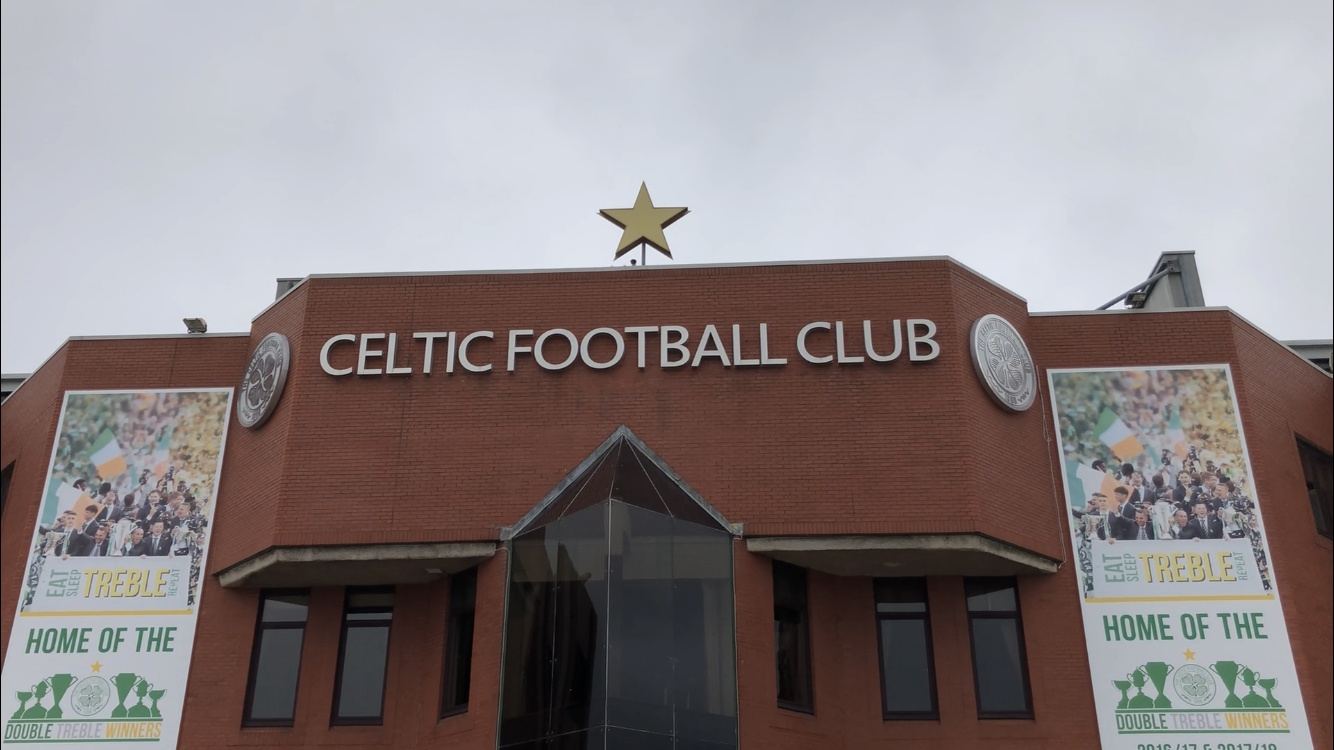
CELTIC matches and spending by supporters contributes £165 million to the Scottish economy, according to a study.
Analysis of the club’s activities and spending by spectators at home and away matches over the 2016-17 season also found the club helps to support 2,820 jobs.
The Fraser of Allander Institute said the club recorded turnover of over £90 million in 2016-17, hosted around 1.3 million attendances at matches in Glasgow and competed in matches where almost two million people attended.
Economists said despite the focus on figures for the 2016-17 season, similar levels of economic activity will be supported each and every year.
On a net basis – adjusting for the impact of spending which is not additional to the Scottish economy – Celtic were found to make an economic contribution of £95 million, helping to support around 1,780 jobs.
Celtic commissioned the report by the institute at the University of Strathclyde “because of a feeling that the economic contribution from football in general and Celtic in particular is consistently undervalued”.
Professor Graeme Roy, director at the Fraser of Allander Institute, said: “What is particularly interesting from our findings is the value of international spending that is attracted to Glasgow via Celtic.
“This acts as an ‘export’ for Scotland boosting jobs and supporting growth.
“This suggests that there is an opportunity to use regular major events – such as Scottish football – as a lever to help support economic development.”
Celtic chief executive Peter Lawwell said: “While a huge amount of attention is rightly paid to one-off events like the Commonwealth Games and other activities which attract interest to Scotland and Glasgow, football’s economic contribution tends to be overlooked – yet it brings people here from around the world.”
He added: “There is a great deal in this report for the club and its supporters to take pride in.
“We also hope that the Scottish Government and Glasgow City Council will recognise that Celtic and football more generally are significant economic players when it comes to issues like transportation links and tourism promotion.”

Enjoy the convenience of having The Sunday Post delivered as a digital ePaper straight to your smartphone, tablet or computer.
Subscribe for only £5.49 a month and enjoy all the benefits of the printed paper as a digital replica.
Subscribe